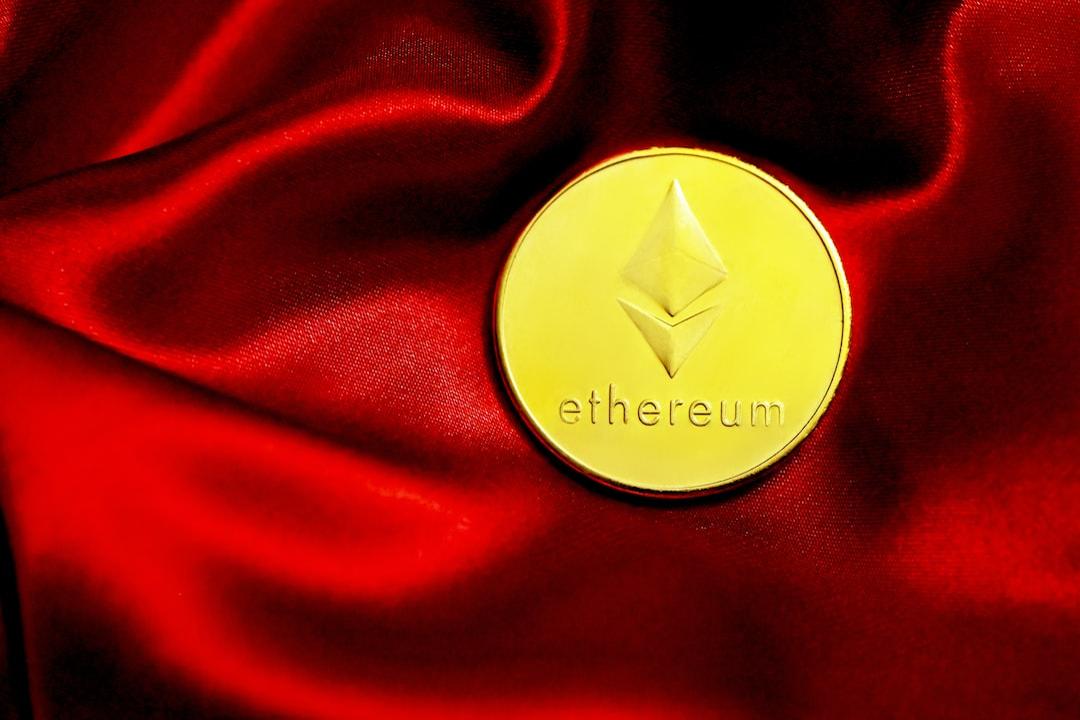As the excitement surrounding the metaverse appears to have waned, there are still some who believe in its potential and practical applications for the future. Cointelegraph spoke to Web3 experts who argue that the metaverse can be utilized in various industries such as gaming, real estate, and tourism.
Clement Chia, co-founder of Web3 entertainment group Imaginary Ones, suggests that major brands could incorporate real-world products into new technologies like the metaverse. Chia reveals that his company has successfully integrated brands like Hugo Boss and Samsung into its “Imaginary” ecosystem.
Samuel Huber, CEO of metaverse-as-a-service company Landvault and social finance firm Matera, echoes Chia’s sentiments and points out that the metaverse has found applications in tourism, real estate, and sports. Huber highlights that organizations in the Gulf Cooperation Council (GCC) regions have been using the metaverse as a tool for destination marketing. He explains that the metaverse allows potential buyers from around the world to virtually view properties through digital twin technology and virtual reality.
Huber also shares that his firm has collaborated with numerous sports teams to create metaverse experiences.
When it comes to the role of blockchain technology in the metaverse, the executives have diverging opinions. Chia argues that simply adding blockchain to the metaverse does not solve its purpose-related issues. He believes that the metaverse must have a clear purpose and provide users with a sense of meaning and belonging.
On the other hand, Huber believes that while the metaverse can still be powerful without blockchain, integrating blockchain technology offers significant benefits. These include transparency through immutable records, unique digital assets like non-fungible tokens (NFTs), and monetization models that provide creators and developers with new revenue streams.
In conclusion, while the hype surrounding the metaverse may have diminished, there are still professionals who see its potential in industries such as gaming, real estate, and tourism. The integration of real-world products, the use of the metaverse for destination marketing and property viewing, and the benefits of blockchain technology are all factors contributing to its continued relevance and development.

